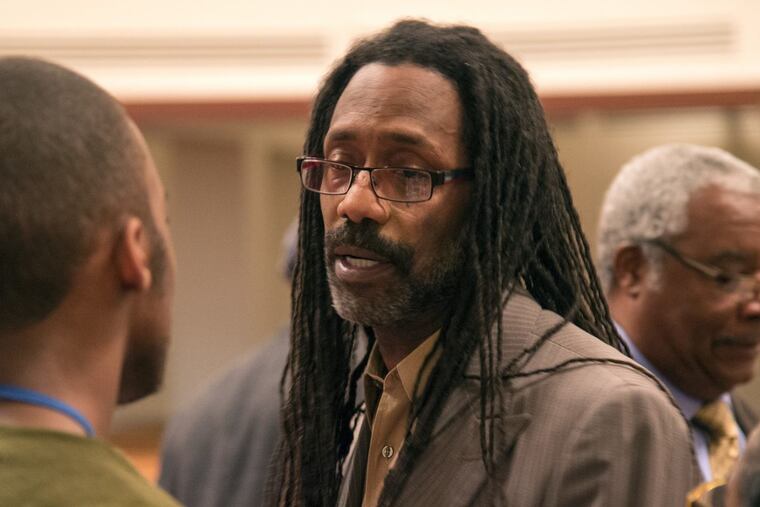Cheyney problem isn't racism; it's failing to compete for students
With enrollment dropping 53 percent in six years to 750 students, Cheyney University needs to make some dramatic changes or it will soon become extinct.

The latest campaign to save Cheyney University, like so many previous attempts, is largely fueled by emotion. But emotion, no matter how strong, will only carry you so far. The nation's oldest black college needs more than appeals to the heart. To survive, it needs a credible plan.
Virtually every one of the nation's 104 historically black colleges and universities has had financial problems in the past decade. They hope to avoid the fates of Western University (Kansas), founded in 1865; Bishop College (Texas), 1881; St. Paul College (Virginia), 1888; and Daniel Payne College (Alabama), 1889, which closed after years of struggling to escape financial disaster.
Cheyney, founded in 1837, has been on the precipice for too long. The only thing keeping it alive has been a series of loans from the Pennsylvania State System of Higher Education, which oversees funding to 14 state-supported schools. Cheyney was loaned $2 million in 2013, $4.5 million in 2014, $6.5 million in 2015, $9.5 million in 2016, and $8 million this year. The cash has bought it time, but not a solution.
Graduates and supporters of Cheyney recently held a Philadelphia rally to save it. Sen. Bob Casey and U.S. Reps. Dwight Evans and Bob Brady joined protesters in urging PSSHE chancellor Frank Brogan to do more for Cheyney. Demonstrators blamed Cheyney's problems on past discrimination. They said PSSHE never fulfilled a 1999 agreement with the U.S. Department of Education's Office for Civil Rights to give Cheyney more funds. That may be true, but it's not the only truth.
All 14 schools in the PSSHE system have suffered from budget cuts since the recession. Their state funding has not changed significantly in 20 years. Adding to their woes have been changes in federal financial aid rules involving Pell Grants and Parent Plus loans, which had a bigger impact on historically black schools due to their larger percentages of low-income students.
Ironically, those changes were instituted by the Department of Education during the administration of the nation's first black president, Barack Obama.
Cheyney's predicament certainly has a racial component, but the solution must go beyond that perspective. It thrived in the 1960s when it was known as Cheyney State Teachers College and served as the principal institution in Pennsylvania training African Americans to become teachers. But it has struggled to find its niche in post-segregation America.
To survive, Cheyney must be able to compete for students of any ethnicity. For example, Tuskegee University (Alabama), founded in 1881, attracts students to its college of veterinary medicine. It also is the nation's top producer of African American aerospace science engineers.
A task force created to develop a new institutional model for Cheyney has discussed making it an "honors" college. Cheyney currently has a program called Keystone Honors Academy, which receives $1.8 million from the state to cover the tuition, fees, room, and board of participants. The honors college idea alone won't pull Cheyney from insolvency.
Cheyney alumni loathe the idea of merging with West Chester University. They don't want their school to lose its historic identity. But with enrollment dropping 53 percent in six years to 750 students, Cheyney is running out of options to avoid extinction.